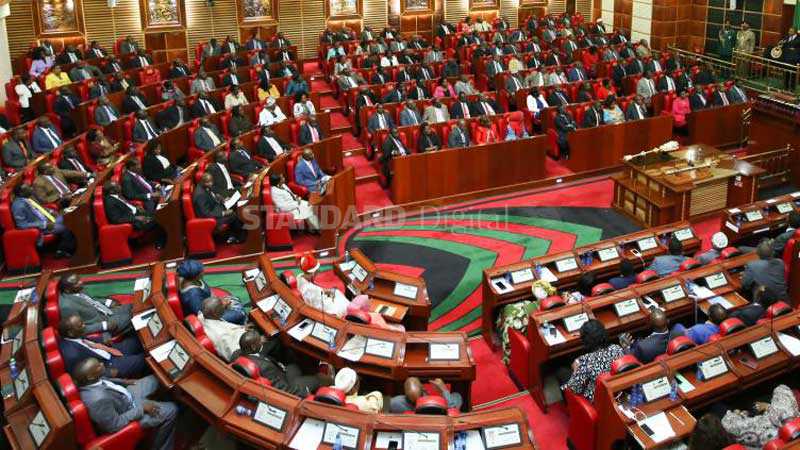×
The Standard e-Paper
Fearless, Trusted News

Members of Parliament ignored expert advice to raise the country’s debt ceiling to Sh9 trillion, minutes of the committee on Delegated Legislation that considered the Treasury proposal show.